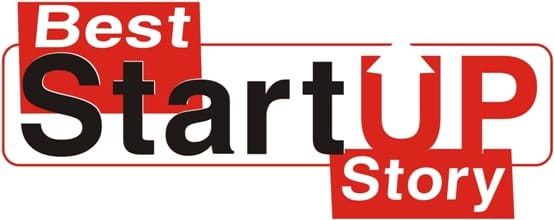Every great business story starts with a plan. But what keeps that plan alive is precision, not guesswork. This is where ACCA Foundations level comes in, giving aspiring accountants a strong understanding of how budgeting and forecasting shape decisions. If you have ever thought about What is Management Accounting, it is the practice of turning financial data into meaningful insights. Budgeting and forecasting are its heartbeat, helping organisations prepare for challenges and make confident financial choices.
Let’s uncover how they drive success in business.
Table of Contents
How Budgeting and Forecasting Work Together
A budget shows what you want to achieve. A forecast shows what is likely. Compare both with actuals and the gaps appear. That is the heart of variance analysis. In management accounting, this loop drives improvement. You can spot revenue shortfalls early. You can see cost pressures before they grow. You can reset targets with confidence. The cycle is simple. Plan. Measure. Learn. Adjust. Repeat. Performance lifts because attention stays on what matters.
Why Budgets Matter in Any Market
A strong budget is a practical roadmap. It aligns spending with priorities. It gives managers a way to pace growth and protect cash flow. In management accounting, budgets link strategy to action. You can compare actuals to targets and respond fast. If costs rise, you know where to adjust. If sales soften, you know where to save. Without a budget, good businesses still stumble. With one, resources go where they create value.
The Role of Budgeting and Forecasting in Management Accounting
Below are the key ways budgeting and forecasting strengthen decision-making and financial control within management accounting:
Turning Numbers into Strategy
Budgeting and forecasting are strategic. They help leaders see the road ahead and choose wisely. A budget sets limits and targets. A forecast shows where results are heading. Together, they create focus and control. In management accounting, this partnership supports clear financial planning. It brings discipline without slowing progress. You get insight that is timely and practical. Decisions become more consistent. Teams rally around shared goals. The result is better performance with less waste.
Forecasting Keeps Plans Honest
A forecast is your early warning system. It uses trends and current results to project outcomes. In management accounting, this keeps plans real. Leaders can test options before making a move. They can prepare for the best and worst cases. Regular forecasting supports agile choices. It prevents surprises and reduces stress. When new data arrives, you update and act. That is how high-performing teams stay ready.
Sharper Decisions with Data You Trust
Good choices need good data. Budgeting and forecasting provide it in a usable form. Leaders get signals, not noise. Should you delay a hire? Should you increase marketing spend? Should you renegotiate a contract? In management accounting, these answers come from data-driven decisions. Clear reports reveal patterns. Simple visuals show direction. This builds confidence in the plan. It also builds accountability across functions.
Cost Control Without Cutting Momentum
True cost control is not random trimming. It is targeted and informed. Budgeting shows the ceiling. Forecasting shows the trend. Together, they flag waste and redirect spend. In management accounting, teams use this to protect quality and speed. Savings land where they do not hurt delivery. Investment goes where returns are highest. Over time, margins improve. Cash becomes easier to manage. Growth becomes safer to fund.
Cash Flow First Every Single Time
Profits do not keep a business alive if cash flow fails. Budgeting helps time outflows with care. Forecasting reveals when receipts will slip. In management accounting, this is practical control. You can shift supplier terms. You can phase purchases. You can plan bridges with lenders. The aim is smooth operation throughout the year. No shocks. No rushed choices. Just steady progress supported by reliable cash.
Building a Culture of Financial Awareness
The best plans work when everyone owns them. Share budgeting goals. Share forecasting updates. Keep language simple and clear. In management accounting, this invites teams to act early. Sales can adjust pipeline focus. Operations can refine schedules. Procurement can secure better rates. When people see the numbers and the story, they care. That care turns into better choices every week.
Preparing for Uncertainty with Smart Forecasting
Begin with a clean budget template. Map revenue drivers and key costs. Set monthly targets that match reality. Build a rolling forecast for the next twelve months. Update it each month with actuals. Review gaps using variance analysis. Decide actions in the same meeting. Repeat the cycle. Keep reports short. Use plain language. Focus on insight, not volume. This is management accounting that drives action.
Conclusion
Budgeting and forecasting make management accounting practical and powerful. They protect cash flow, sharpen cost control, and support data-driven decisions. Most of all, they build confidence in every step you take. If you want to apply these skills with clarity and purpose, MPES Learning can help. You will learn simple methods that work in real settings and gain the mindset to keep improving. Choose MPES Learning to turn plans into steady results every quarter.
Also Read: Common Challenges in Implementing the ITIL Service Lifecycle

